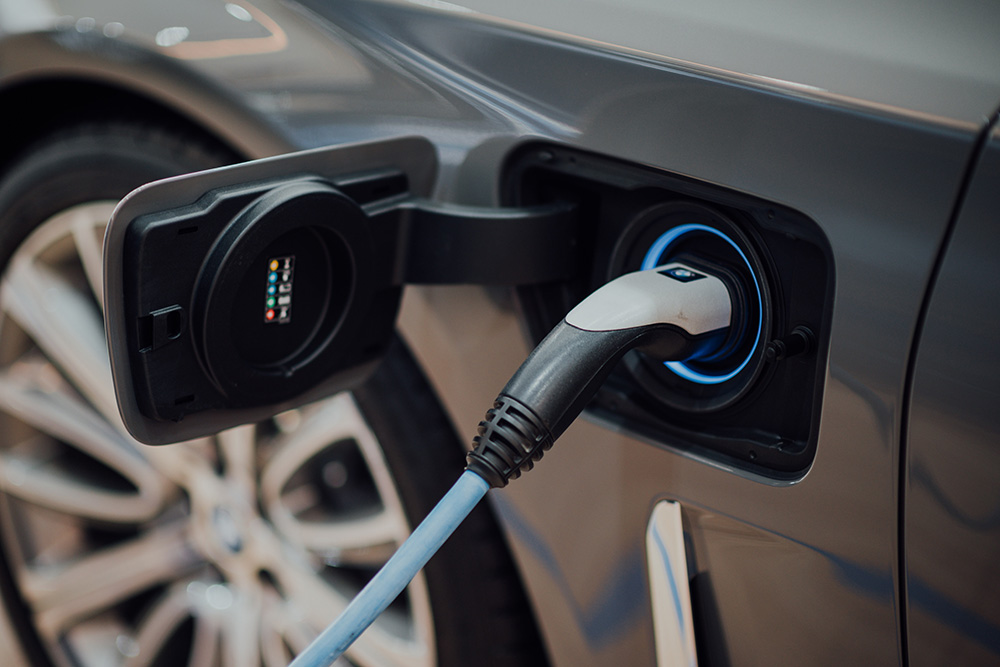Indonesia plans to become a major player in the global electric vehicle market. As it plans to attract investors, EV investors are looking at the country to ride on the growing demand. The country is set to introduce incentives on EV purchases that are expected to boost the adoption of such vehicles.

Authorities expect EVs to account for 5 percent of total vehicle sales this year, and twice that share in 2024. Singapore tech company ION Mobility was among some 45 companies featured at the Indonesia International Motor Show last month. The event was an opportunity for the firm to showcase its electric motorcycle, the M1-S. “We’re using these trade shows to do what I call incrementally soft, but firmer launches to appear more, frequency-wise, in the eyes of our consumers,” said Mr. James Chan, founder, and CEO of ION Mobility.
“And when our factories are up when our dealership experience center is up, that’s when we will shout a lot harder, and bring ourselves more directly into the hands of the customers.” The M1-S electric bike has a top speed of 110kmh. On a fully charged battery, this motorcycle can travel a total distance of 150km.
Local production
The bike is designed and engineered in Singapore, and the company is planning to start its assembly line in Indonesia by the end of this year. The production plant for the M1-S will be located in Karawang, West Java, with a target to assemble up to 5,000 units per year. ION Mobility also plans to move its battery production facility from Singapore to Indonesia. The company believes it can achieve a high local content requirement for its electric bike. “We were planning for 50 percent by the end of this year, and we’re gunning for 80 percent by the end of next year,” said Mr. Chan.
“I think the ability to design and implement our own production line and facilities is what differentiates us from other players, where we’re able to then achieve these high percentages very quickly from day one.” Another Singapore EV company in Indonesia, Oyika, provides battery swap stations for electric bike users in the Greater Jakarta region and more recently in Bali. Users do not need to buy batteries, but can simply exchange depleted batteries for fully charged ones. “Adoption is very slow. It’s because of the inconvenience of having to charge at home,” said Oyika chief technology officer Roderick Chia. “If you use the bike for business, for instance, you are a delivery rider, you need to do a lot of trips. You cannot afford to charge the batteries during normal office hours when you’re supposed to be working.











